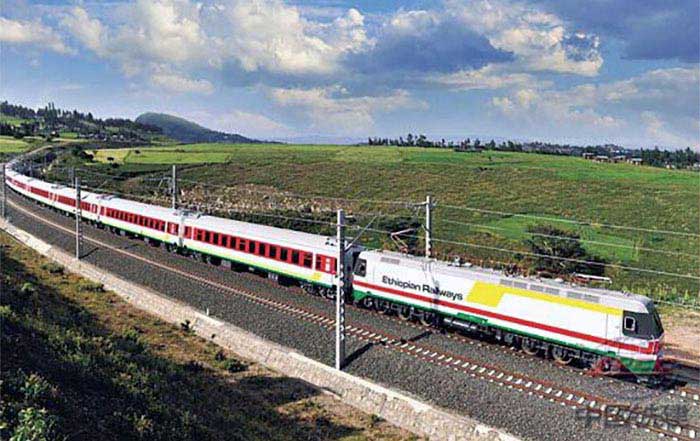China has established itself as a major factor in the development of Africa, with significantly increasing engagements and commitments in recent years. As such, the China-Africa collaboration, which has increased in the last few decades, has been hailed as a win-win situation for everyone.
Not long after its establishment, China began to engage with African countries. Since then, China has pledged to support and help many African representatives and governments, despite its own political and economic troubles. In exchange, China secured votes to reclaim its seat at the United Nations (held by Taiwan's government until 1971). As a result, avenues for much-needed oil and mineral resources were established, food security issues were resolved, and the country earned a strategic base in Africa.
Recently, China overtook the United States as South Africa's most important commercial partner. With this, the trade totalled an outstanding amount of US$ 16 billion, and China enjoyed a surplus of US$ 2.7 billion. South Africa, once the largest economy in Africa, exports over US$ 5.5 billion in minerals each year, materials that China desires. Then Chinese Vice President Xi Jinping concluded a spectacular three-day visit to the nation some years back.
Contrary to historical Western colonial powers, the Chinese emphasize that bilateral collaboration with China is always a win-win scenario for African governments. Beijing has been rebuked for its own "economic colonialism." The Chinese government supplies oil, gas, and raw commodities in exchange for money to undemocratic and oppressive regimes. They further invest in infrastructure development as long as Chinese corporations are utilized. On the other hand, the Western governments have some barriers that see them setting restrictions on aid to guarantee that it fulfils the population's needs. South Africa's Standard Bank has 20% of its shares owned by China's Industrial and Commercial Bank.
Africa has a big market for building transportation linkages (roads, trains, and ports) and electrical power plants. The key advantage Chinese firms have over their rivals in Brazil and Europe is "access to funding from policy banks;" enterprises like the China Railway Construction Corp, which approved a memorandum of understanding with Standard Bank to work collaboratively on funding rail and infrastructure projects in Africa. Standard Bank has further agreed to collaborate on nuclear projects in South Africa with China Guangdong Nuclear Power Corp.
Chinese efforts in Africa have sparked worry and even animosity, owing to some unfortunate circumstances in countries such as Sudan and Zimbabwe. Some of the issues include concerns about worker safety, community participation, and environmental destruction. Overall data shows that many Africans embrace China's engagement not only because of the magnitude of its resources and promises but also because of its credibility.
While access to customers and natural resources is a fundamental aim for many of China's African investments, a limited view of China's involvement risks overlooking the larger commitment. China is becoming increasingly interested in practically every African country that does not recognize Taiwan, especially the poorest. While the extractive industries continue to account for the vast bulk of China's $107 billion in bilateral commerce with African countries, China's influence extends throughout nearly every industry. Over 1,000 Chinese companies conduct business in Africa, according to the Chinese Ministry of Trade, in fields such as transportation, commerce, and agricultural product processing.
Chinese aid is typically directed towards particular initiatives rather than big programmatic models used by Foreign benefactors, like the President's Emergency Plan for AIDS Relief, a US-sponsored HIV/AIDS prevention and treatment program. The US programs have a multiyear approach, a wide plan, and consistent approaches. China's health aid, on the other hand, sometimes involves agreements to establish a clinic or hospital in a nation or region or to transfer Chinese medical staff or medications to certain countries. These actions are occasionally linked to a specific investment or a Chinese official's political commitment to a local African government. Instead, the Chinese prioritize an urgent, typically vast demand, such as dams or roads, which they usually meet fast and successfully.
China has the capacity to boost African countries' economic development efforts and lift their people out of poverty. To seize the opportunity, many scholars have advised Africans to widen the debate beyond "good against evil" and "The West vs. China." They have encouraged Africans to see the bigger picture in all this.

